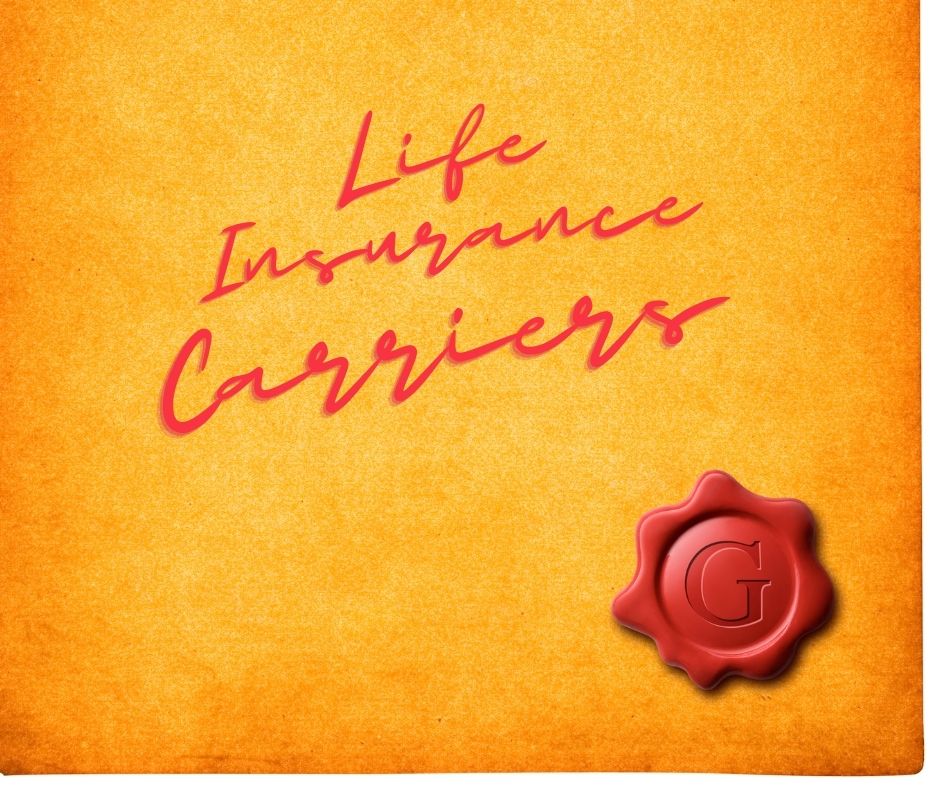
guaranteed issue life insurance policy
Rate
Like other types, life insurance policies, the cost of your policy can change depending on many factors, such as age, hobbies, or medical conditions. But guaranteed issue life insurance policies provide fixed prices based upon your age when you apply.
Many guaranteed issue insurance companies will require you to be at least 40 to 50 in order to apply.



